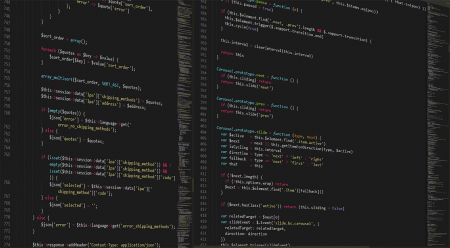Перевод статьи на украинский_)не переводчикMaritime Piracy: The Phenomenon, its Implications
Перевод статьи на украинский_)не переводчик
Maritime Piracy: The Phenomenon, its Implications and Responses
Recent years have been marked by an unprecedented surge in maritime piracy, most infamously in the Indian Ocean off the coast of Somalia. This worrying increase has prompted the international community to take action in patrolling the waters of Somalia.
The multinational coalition, the Combined Task Force 150 (headquartered in Djibouti and comprising nations such as the United States, Canada and the United Kingdom) assumed responsibility for patrolling waters in the Gulf of Aden in August 2008. By October of 2008, the United Nations Security Council adopted Resolution 1838 calling on nations in the area with naval capacities to suppress the pirate attacks in the region.
This news analysis will provide a sampling of pirate attacks, highlight the causes of the phenomenon, examine its local and global impact, outline national and international responses and note similar instances of piracy in other regions of the world.
Notable Examples of Somali Piracy:
Somalia is one of the poorest countries in the world, and has been a failed state since the collapse of the Siad Barre government in 1991. In a country with a severely dysfunctional and limited government, a strong clan-based society, and widespread poverty, it is no wonder that piracy has become a method of gaining income for some of the poorest residents of the African Continent.
One of the more high-profile incidents involved the kidnapping of a British couple in late October 2009. As the BBC summarizes:
Paul and Rachel Chandler, aged 59 and 55, from Tunbridge Wells in Kent, were taken hostage by gunmen in the Indian Ocean in the early hours of 23 October. They had been travelling to Tanzania from the Seychelles and their yacht was later found in international waters. Somali premier Omar Sharmarke said the government had been trying to contact the pirates through local elders.1
A ransom demand is expected in the next few days, as pirates have learned that human lives are worth a lot of money.
Also, a group of pirates captured a Spanish trawler and held its 33-person crew hostage, demanding that the Spanish government free two Somali men who were captured and taken to Madrid to be tried for the hijacking of a Spanish-flagged vessel (the Alakrana) on October 2, 2009. As The Scotsman reports:
On Thursday night, Alakrana skipper Ricardo Blach told Spanish television [that] the heavily armed pirates had threatened to kill the three crew members taken ashore if there was no progress in freeing the two men. He said about 30 pirates on the Alakrana took drugs, often quarrelled among themselves and were equipped with machine guns, bazookas, grenade launchers and handguns. If you say anything to them, they put a pistol to your forehead, he said.2
So far, the Spanish government has refused to negotiate with the pirates and has vowed to continue arrests against suspected pirates, although it has not ruled out the possibility of transferring the arrested pirates to a third country, possibly in Africa.
On November 9, 2009, Reuters reported that Somali pirates, in their most daring attack yet, seized a United Arab Emirates-flagged cargo ship loaded with weapons bound for Somalia. This incident is highly significant because the ship was in contravention of the post-Barre international arms embargo on Somalia and because the attack has been the furthest yet from the Somali coast. Speculation on the contents of the ship has abounded:
Andrew Mwangura of the East African Seafarers Assistance Programme told Reuters he believed the weapons ship was using a fake name. She is one of the regular weapons carriers circumventing the U.N. arms embargo on Somalia, Mwangura said. Maritime sources say the craft is believed to be carrying light arms and ammunition, as well as rockets and rocket-propelled grenades.3
The pirates themselves have expressed their views on this issue:
We understand the weapons belong to the Somali government, Farah, a pirate, told Reuters by satellite telephone. Another gang member, Hassan, said the weapons ship was well known to them: It has been circling in our ocean for a long time, bringing illegal weapons to massacre Somalis, he said.4
-
Вопросы ответы
Статьи
Информатика
Статьи
Математика.
Разные вопросы.
Математика.
Физика.
Геометрия.
Разные вопросы.
Обществознание.
Математика.
Химия.
Русский язык.




